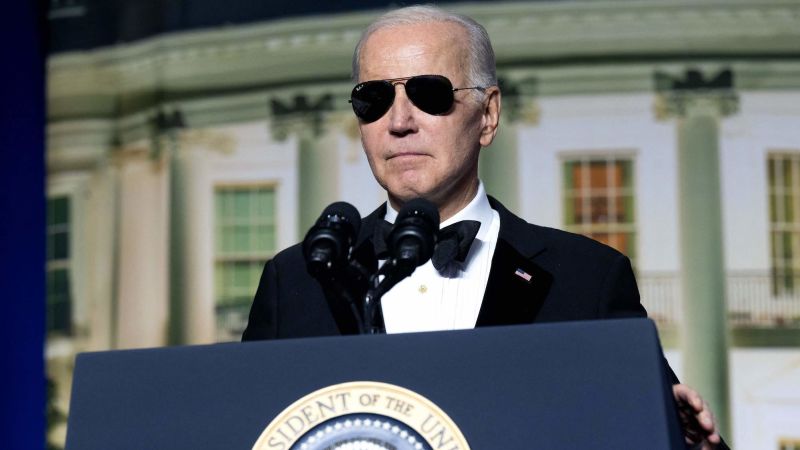Colorado officials have confirmed the first case of measles in a state resident in five years.
The patient is an adolescent who traveled abroad to several countries, returning to Denver International Airport on Dec. 13, according to the state health department. It’s the first confirmed measles case in a Colorado resident since January 2019.
Health officials said they did not know whether the child was vaccinated.
Measles is highly contagious for those who have not been vaccinated. The virus spreads in the air and can remain airborne for up to two hours. Symptoms, including fever, cough and runny nose, typically start one or two weeks after a person is exposed, though it could take three weeks. Two days after those initial symptoms begin, people get a rash that typically starts at the hairline and spreads down the body.
State health officials were warning unvaccinated people who were at Denver International Airport between 4:30-8 p.m. Dec. 13 or at Children’s Hospital Colorado’s emergency room on the Anschutz Medical Campus in Aurora between 8:30 a.m.-11 a.m. Monday. The hospital planned to notify patients and families who were in a similar area at the same time.
“Anyone who is experiencing symptoms of measles should stay home unless they need medical treatment,” Dr. Rachel Herlihy, Colorado state epidemiologist, said in an emailed news release. “People with signs and symptoms of measles should also not go to child care facilities, school, work, or other public places to avoid exposing others to this very serious and highly contagious disease.”
Measles is a serious infection that can cause complications including seizures, brain damage, ear infections, pneumonia and death. Infection can be prevented if people receive a measles vaccine within 72 hours of exposure, health officials said.
People can check their child’s vaccine status through Colorado’s online immunization database.
Measles is one of the most infectious diseases known in humans. Up to 90% of people who are not vaccinated or otherwise immune will become infected with measles if they have close contact with someone who is contagious, according to the federal Centers for Disease Control and Prevention. It is estimated to be four to six times more infectious than the original version of the COVID-19 virus.
But vaccination can dramatically reduce transmission. A two-dose series of the MMR measles vaccine is 97% effective at preventing infection, while one dose is 93%, according to the CDC.
Colorado has struggled to maintain high vaccination rates for measles. Last year, 86.8% of kindergarteners statewide were vaccinated against measles, the lowest measure since 2017. In some schools, the percentage was as low as 20%.
Achieving so-called “herd immunity” — the rate of immunization needed to protect the unvaccinated from an outbreak — requires a measles vaccination rate of 95% or above. That means there are growing pockets of children in Colorado who could be at risk for a measles outbreak if an infection popped up in the wrong place.

Rachel Carter is a health and wellness expert dedicated to helping readers lead healthier lives. With a background in nutrition, she offers evidence-based advice on fitness, nutrition, and mental well-being.







